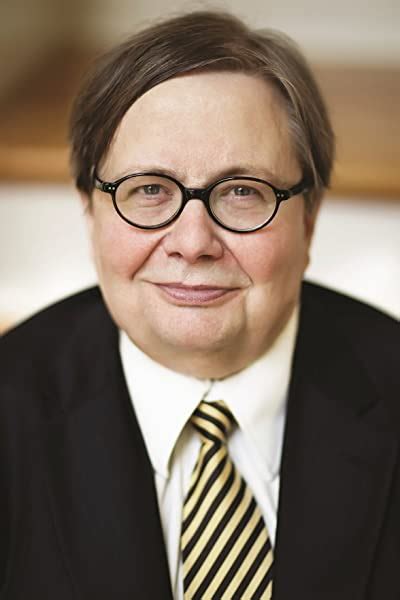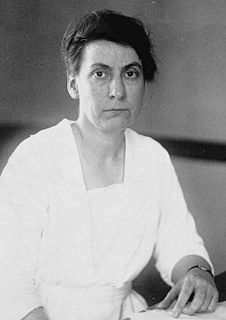A Quote by Neil Gaiman
She was also an adult, and when adults fight children, adults always win.
Related Quotes
The new concept of the child as equal and the new integration of children into adult life has helped bring about a gradual but certain erosion of these boundaries that once separated the world of children from the word of adults, boundaries that allowed adults to treat children differently than they treated other adults because they understood that children are different.
The StarTalks - while kids can watch them, they're actually targeted at adults. Because adults outnumber kids five to one, and adults vote, and adults wield resources, and adults are heads of agencies. So if we're going to affect policy, or affect attitudes, for me, the adults have always been the target population.
Many teachers think of children as immature adults. It might lead to better and more 'respectful' teaching, if we thought of adults as atrophied children. Many 'well-adjusted' adults are bitter, uncreative, frightened, unimaginative, and rather hostile people. Instead of assuming they were born that way, or that that's what being an adult entails, we might consider them as people damaged by their education and upbringing.
In 1600 the specialization of games and pastimes did not extend beyond infancy; after the age of three or four it decreased and disappeared. From then on the child played the same games as the adult, either with other children or with adults. . . . Conversely, adults used to play games which today only children play.
It's easier to be a grownup than to be a kid. When you're a kid, you lie constantly and people are always calling you on it. And when you're a grownup, you lie constantly and people rarely do. Children are constantly being caught. Adults rarely so. Being an adult, you also get a free pass, which means you have to actively be a good person because nobody's around to tell you to do that. Even evil kids will be good when adults are watching. But once you're an adult, no one is. As a grownup, you've got an agency over your own life, which hopefully you use for the greater good and not evil.
Children, it should be repeated, are not pocket editions of adults, because childhood is a period of physical growth and development, a period of preparation for adult responsibility and public and private life. A program of children cannot be merely an adaptation of the program for adults, nor should it be curtailed during periods of depression or emergency expansion of other programs.
Children, who have so much to learn in so short a time, had involved the tendency to trust adults to instruct them in the collective knowledge of our species, and this trust confers survival value. But it also makes children vulnerable to being tricked and adults who exploit this vulnerability should be deeply ashamed.



































